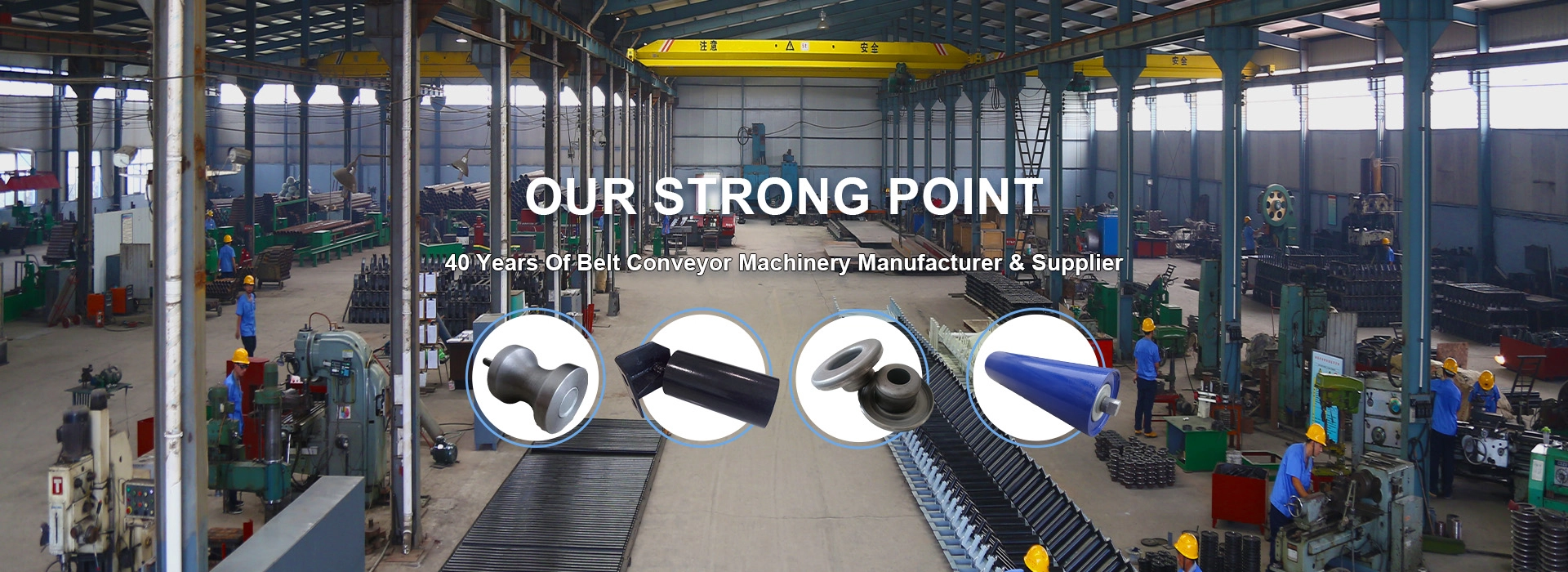 Afrikaans
Afrikaans  Albanian
Albanian  Amharic
Amharic  Arabic
Arabic  Armenian
Armenian  Azerbaijani
Azerbaijani  Basque
Basque  Belarusian
Belarusian  Bengali
Bengali  Bosnian
Bosnian  Bulgarian
Bulgarian  Catalan
Catalan  Cebuano
Cebuano  Corsican
Corsican  Croatian
Croatian  Czech
Czech  Danish
Danish  Dutch
Dutch  English
English  Esperanto
Esperanto  Estonian
Estonian  Finnish
Finnish  French
French  Frisian
Frisian  Galician
Galician  Georgian
Georgian  German
German  Greek
Greek  Gujarati
Gujarati  Haitian Creole
Haitian Creole  hausa
hausa  hawaiian
hawaiian  Hebrew
Hebrew  Hindi
Hindi  Miao
Miao  Hungarian
Hungarian  Icelandic
Icelandic  igbo
igbo  Indonesian
Indonesian  irish
irish  Italian
Italian  Japanese
Japanese  Javanese
Javanese  Kannada
Kannada  kazakh
kazakh  Khmer
Khmer  Rwandese
Rwandese  Korean
Korean  Kurdish
Kurdish  Kyrgyz
Kyrgyz  Lao
Lao  Latin
Latin  Latvian
Latvian  Lithuanian
Lithuanian  Luxembourgish
Luxembourgish  Macedonian
Macedonian  Malgashi
Malgashi  Malay
Malay  Malayalam
Malayalam  Maltese
Maltese  Maori
Maori  Marathi
Marathi  Mongolian
Mongolian  Myanmar
Myanmar  Nepali
Nepali  Norwegian
Norwegian  Norwegian
Norwegian  Occitan
Occitan  Pashto
Pashto  Persian
Persian  Polish
Polish  Portuguese
Portuguese  Punjabi
Punjabi  Romanian
Romanian  Russian
Russian  Samoan
Samoan  Scottish Gaelic
Scottish Gaelic  Serbian
Serbian  Sesotho
Sesotho  Shona
Shona  Sindhi
Sindhi  Sinhala
Sinhala  Slovak
Slovak  Slovenian
Slovenian  Somali
Somali  Spanish
Spanish  Sundanese
Sundanese  Swahili
Swahili  Swedish
Swedish  Tagalog
Tagalog  Tajik
Tajik  Tamil
Tamil  Tatar
Tatar  Telugu
Telugu  Thai
Thai  Turkish
Turkish  Turkmen
Turkmen  Ukrainian
Ukrainian  Urdu
Urdu  Uighur
Uighur  Uzbek
Uzbek  Vietnamese
Vietnamese  Welsh
Welsh  Bantu
Bantu  Yiddish
Yiddish  Yoruba
Yoruba  Zulu
Zulu Understanding the Importance of Belt Conveyor Rollers in Material Handling Systems
The Importance of Belt Conveyor Rollers in Industrial Applications
Belt conveyor systems are essential in many industrial settings, offering a reliable means of transporting materials from one point to another. At the heart of these systems lies an often-overlooked component the belt conveyor roller. These rollers play a crucial role in the efficiency, reliability, and overall performance of conveyor systems, making them vital for various applications.
Understanding Belt Conveyor Rollers
Belt conveyor rollers are cylindrical components that support the weight of the conveyor belt and the materials being transported. They are designed to minimize friction between the belt and the surfaces it traverses. Typically made of steel or plastic, rollers can vary in diameter and length, depending on the specific application and the load requirements.
The primary function of these rollers is to facilitate smooth movement of the belt. They help in guiding the belt around bends, ensuring that it remains aligned as it carries different materials. Additionally, rollers reduce wear and tear on the conveyor belt, extending its lifespan and ultimately leading to cost savings for the company.
Types of Conveyor Rollers
There are several types of conveyor rollers designed for specific applications. The most common types include
1. Carrying Rollers These support the load and are an integral part of the conveyor system. They are typically placed underneath the belt at regular intervals.
2. Return Rollers These carry the empty conveyor belt back to the loading point. They help maintain the belt's tension and alignment, ensuring smooth operation.
4. Guide Rollers These keep the belt on track and aligned, especially in curves and transitions.
belt conveyor roller

5. Tension Rollers These maintain the proper tension in the conveyor belt, which is essential for effective operation and prolonging the life of the system.
Key Benefits of Quality Rollers
Investing in high-quality conveyor rollers is paramount for several reasons
- Reduced Downtime Efficient rollers lead to smoother operations with fewer breakdowns. This can significantly reduce downtime and enhance productivity.
- Lower Maintenance Costs Quality rollers experience less wear and tear, which translates to lower maintenance costs and reduced need for replacements.
- Increased Load Capacity Properly functioning rollers can handle heavier loads, making it easier for businesses to improve their logistics and operations.
- Enhanced Safety Reliable rollers contribute to the overall safety of the conveyor system by minimizing spills and accidents associated with malfunctioning equipment.
Applications Across Industries
Belt conveyor rollers are used in a wide array of industries, including mining, manufacturing, agriculture, and logistics. In mining, for example, they are essential for transporting materials from the extraction site to processing facilities. In manufacturing, they facilitate the movement of products along assembly lines, while in agriculture, they are used to transport harvested crops to storage facilities.
Conclusion
In conclusion, belt conveyor rollers are a fundamental component of conveyor systems, playing a pivotal role in ensuring efficient material handling across multiple industries. Investing in high-quality rollers not only enhances the performance of conveyor systems but also leads to improved safety, reduced costs, and increased productivity. As industries continue to evolve and demand more efficient logistics solutions, the importance of these seemingly simple components will only grow. Whether in a factory, mine, or warehouse, the reliability of belt conveyor rollers remains a cornerstone of modern industry.
-
Revolutionizing Conveyor Reliability with Advanced Rubber Lagging PulleysNewsJul.22,2025
-
Powering Precision and Durability with Expert Manufacturers of Conveyor ComponentsNewsJul.22,2025
-
Optimizing Conveyor Systems with Advanced Conveyor AccessoriesNewsJul.22,2025
-
Maximize Conveyor Efficiency with Quality Conveyor Idler PulleysNewsJul.22,2025
-
Future-Proof Your Conveyor System with High-Performance Polyurethane RollerNewsJul.22,2025
-
Driving Efficiency Forward with Quality Idlers and RollersNewsJul.22,2025





























